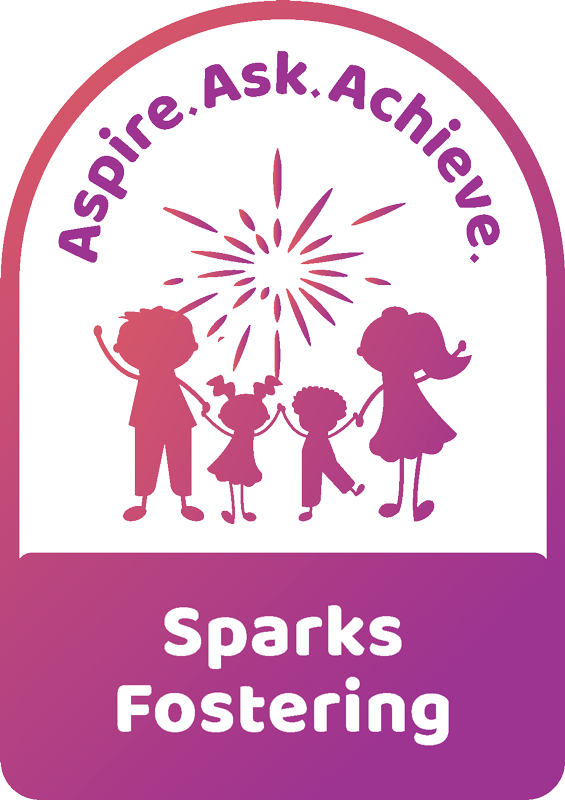6 ways to communicate effectively with foster children of different ages
Good communication with children in foster care follows the same principles as good communication with any child. The methods of communication may alter as the child gets older, or according to their needs, but these principles should be considered:
Talking and tone of voice
Talking to children is important for brain development, even for babies who don’t understand the words, but can understand the tone of voice.
Carers should try to talk with children about their experiences and situations. Children in care often struggle with anxiety and confusion; children should be confident that their carers aren’t hiding information from them (unless it’s necessary to withhold information to keep the child safe). The child should be able to take the lead in agreeing how much information is shared with them – some children may not want to talk about their situation.
Carers and the team around you should compliment the child often, particularly when they make progress or show good effort. Children should also be told sensitively when there is anything they can work to improve.
When giving feedback to children, timing is important. Children should be given constructive feedback and suggestions for improvement when they are calm and in a relatively resilient and stable mind-frame. Children struggle to process any new information when they’re feeling low, or angry.
Eye contact and body language
It’s estimated that over 60% of communication is non-verbal. Carers must take care to have a kind expression and open body language when communicating with children. This is especially important for some of the children in foster care, who may have previously experienced abuse following negative body language.
Physical touch
The child being fostered may benefit from being hugged, or from holding hands with their carer. Positive physical touch as been associated with regulation of emotions. Any physical touch has to be directed by the child because some children may associate physical touch with abuse. Also, some children may have a sensory disorder which makes physical touch uncomfortable or even painful.
Some children need to be taught to touch appropriately – particularly children who have been sexually abused who may need to be taught safe touch.
Games and leisure activities
Sharing positive experiences with children is a vital form of communication that can teach children that others value and enjoy their company. This increases a child’s self-esteem and is also an important method of learning and development.
In writing
Writing nice notes to children in their lunch boxes and giving well worded and meaningful cards to children can help to lift their spirits in the moment. Children may also hold on to these momentos to lift their spirit when they’re feeling low.
At Sparks Fostering the foster carers write a daily journal for the child, which includes photos. The journal is printed as a high quality booklet every 4 months so that the child can reflect on their time in the fostering home.
Choosing the right time and location
Carers should consider booking in regular quality time with children, perhaps engaging in activities chosen by the child. Carers may find that these are the times that they are able to have the most meaningful conversations with the children. The quality one to one time may also be the only time that the child feels that they receive undivided attention from the carer.
Foster carers must be mindful that the children who join their homes may not understand what appropriate and healthy communication are. Many children expect foster carers to treat them how their parents had treated them in the past, so for many children that means that they expect their carers to become abusive at some point. This expectation may not be a conscious thought, it may be subconscious; this means that carers must be patient and must reassure the child regularly, even if the child has lived in the home for many months or years.






